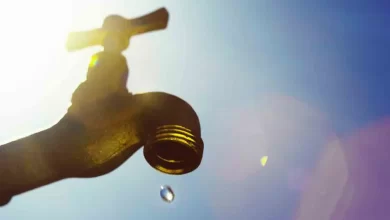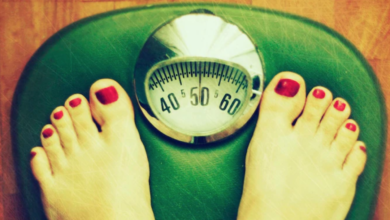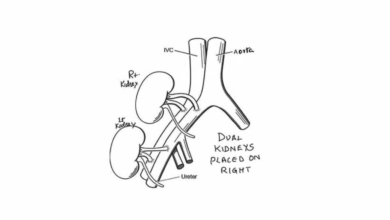Chronic kidney disease in kids: Warning signs and symptoms, causes and treatment
Chronic kidney disease in kids occurs when a child is born with a structural defect in the kidneys or urinary system. Here are the common signs and symptoms of CKD in kids.
Healthy kidneys are important to remove toxins from the body and maintain balance of electrolytes. When our kidneys are not working properly, it may put us at risk of several other diseases from gout, anaemia, secondary hyperparathyroidism (SHPT), bone disease, heart disease to fluid build-up. In chronic kidney disease (CKD), a common condition that can affect people of all age groups, kidneys are irreversibly damaged and cannot filter blood effectively. While it is more common in people who have diabetes, high blood pressure and other such health conditions, it can also affect children who are born with this congenital anomaly or teenagers suffering from conditions like glomerulonephritis (inflammation of kidneys) or nephrotic syndrome.
“Chronic kidney disease (CKD) is a medical condition that affects the kidneys’ ability to filter waste and excess fluids from the blood. Like adults, it can also occur in children. Low-birth weight infants have an increased likelihood of being born with underdeveloped kidneys, which puts them at a higher risk for developing CKD,” says Dr Nisha Krishnamurthy, Consultant, Paediatric Nephrology, NH SRCC.
Causes of chronic kidney disease in kids
The most common cause of CKD in children is a congenital anomaly, meaning that the child was born with a structural defect in the kidneys or urinary system.
“Other causes can include prematurity, infections, inflammation, glomerulonephritis (inflammation of filtering units), vesicoureteral reflux (urine flows back into the kidneys from the bladder), haemolytic uremic syndrome (a rare condition that occurs after a bacterial infection), and polycystic disease (a genetic condition where fluid-filled cysts develop in the kidneys),” says Dr Krishnamurthy.
Symptoms of chronic kidney disease in kids
Dr Krishnamurthy says while in the early stages, chronic kidney disease may not show any signs or symptoms, as the condition progresses, children may experience fatigue, weakness, poor appetite, weight loss, decreased urine output, urine that appears foamy or bubbly, swelling of the hands, feet, or face, high blood pressure, blood in the urine, anaemia among others.
Treatments
The cure for CKD is a renal transplant. But other treatments are available to manage the symptoms and slow the progression of the condition.
Medications: Depending on the cause of the CKD, your child’s doctor may prescribe medications to help manage symptoms such as high blood pressure, anaemia, and bone disease.
Dietary changes: A diet low in salt, potassium, and phosphorus may be recommended to help reduce the workload on the kidneys.
Dialysis: In severe cases of CKD, dialysis is required to help filter waste and excess fluids from the blood. Haemodialysis and peritoneal dialysis are the two forms of dialysis. Haemodialysis uses a machine to filter the blood, while peritoneal dialysis uses the lining of the abdominal cavity to filter the blood.
Kidney transplant: End-stage CKD cases require a transplant which involves surgically transplanting a healthy kidney from a donor into the child’s body. It can be done pre-emptively to avoid going on dialysis.
It is strongly recommended to take the help of paediatrics nephrologists who can offer highly specialized care to kids. So, there is always light at the end of the tunnel. Kidney failure can be managed well to give your child a near-normal and active life.








